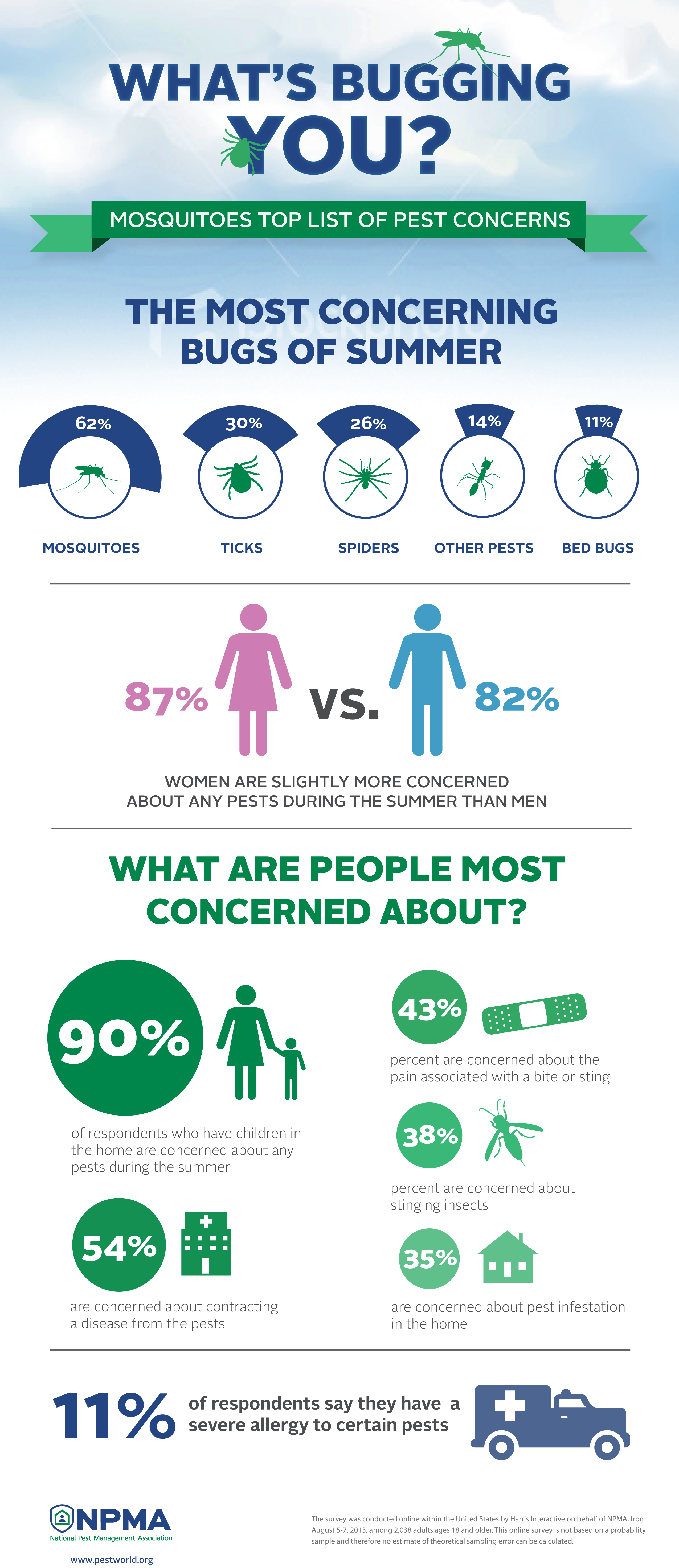Shield Your Garden From Pests: Suggestions For Keeping Unwanted Intruders Away
Shield Your Garden From Pests: Suggestions For Keeping Unwanted Intruders Away
Blog Article
Content By-Lauritsen Espersen
Envision your garden as a sanctuary, a location of harmony and elegance. However, https://www.saffronwaldenreporter.co.uk/news/22565428.moving-house-checklist-5-essential-pest-control-tips-new-homeowners/ of outside bugs can quickly interrupt this idyllic photo. What if there were basic yet reliable means to maintain these unwelcome visitors away and shield your garden oasis? By following a few functional pointers and carrying out natural approaches, you can produce an unified outside room where your plants can thrive uninterrupted.
Natural Pest Deterrents
To maintain parasites far from your yard naturally, plant aromatic herbs like mint and lavender. These fragrant plants not just include appeal to your yard yet also work as effective parasite deterrents. Bugs like insects, flies, and even some garden-damaging bugs are pushed back by the solid scents discharged by these natural herbs. Just placing them strategically around your yard can help develop a natural barrier against undesirable insects.
In addition to mint and lavender, take into consideration growing other herbs like rosemary, basil, and lemongrass to further improve your yard's pest-proofing abilities. These natural herbs not only work as all-natural repellents but likewise have the included advantage of being useful in food preparation or crafting self-made treatments.
Strategic Plant Placement
Consider the layout of your yard and the types of plants you have to tactically put them for maximum pest-proofing effectiveness.
Start by grouping plants with similar resistance to bugs with each other. By doing this, you can develop a natural obstacle that prevents pests from spreading throughout your garden.
In addition, placing pest-repelling plants like marigolds, lavender, or mint near more at risk plants can aid shield them. Tall plants, such as sunflowers or corn, can function as a shield for shorter plants against bugs like bunnies or ground-dwelling pests.
Remember to leave sufficient area in between plants to improve air circulation and minimize the threat of diseases that pests may carry.
Additionally, consider planting strong-smelling natural herbs like rosemary or basil near vulnerable plants to confuse bugs' detects and make it harder for them to find their targets.
Effective Pest Control Techniques
For combating garden insects efficiently, implementing a multi-faceted bug control technique is essential. Beginning by encouraging natural predators like birds, ladybugs, and praying mantises to assist keep insect populations in check. Introducing plants that attract these advantageous pests can assist in pest control. Additionally, practicing excellent garden health by removing debris and weeds where bugs might conceal can make your garden less welcoming to undesirable visitors.
Take into consideration using physical barriers such as row cover fabrics or netting to secure at risk plants from insects like caterpillars and birds. Using organic pesticides like neem oil or insecticidal soap can also be effective against specific bugs while being less harmful to beneficial pests and the environment. It's important to rotate your plants each season to avoid the accumulation of bug populations that target particular plants.
Consistently examine your plants for indications of pest damage so you can act promptly. By combining https://howtoremoveodorafterremov17284.azzablog.com/32130423/typical-indications-of-termites-in-your-home-a-comprehensive-overview and remaining watchful, you can successfully control yard insects and delight in a successful, pest-free garden.
fw pest control , there you have it - with the ideal methods, you can keep pesky exterior parasites away from your garden and aid your plants thrive.
Did you understand that planting mint has been shown to drive away mosquitoes and various other bugs, lowering the need for dangerous chemicals by as much as 60%?
By incorporating natural deterrents and clever growing techniques, you can produce an attractive and pest-resistant garden sanctuary for you to appreciate.
